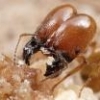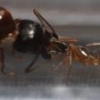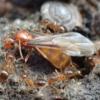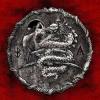I filmed them and made this Youtube video, though after uploading it I found that there were already several similar videos. Still, I think mine's pretty good.
https://m.youtube.co...h?v=FSnNzjzQxF0
Interestingly, today two separate raids happened close to the same time, but the larger one was unsuccessful and came back empty- handed.
Edited by Salmon, July 15 2016 - 5:52 PM.




















